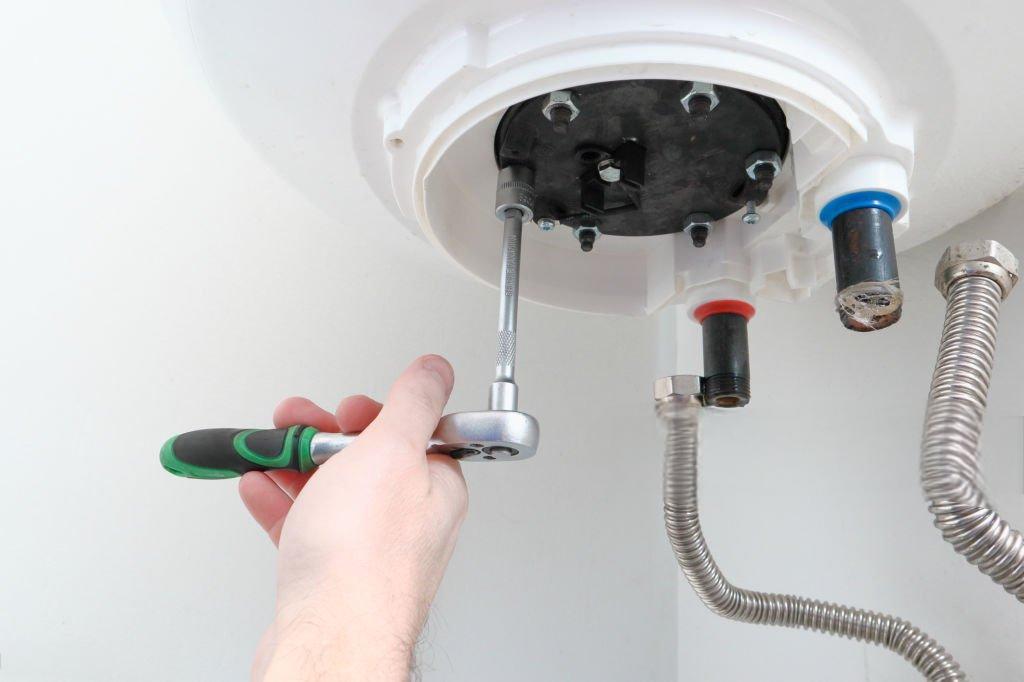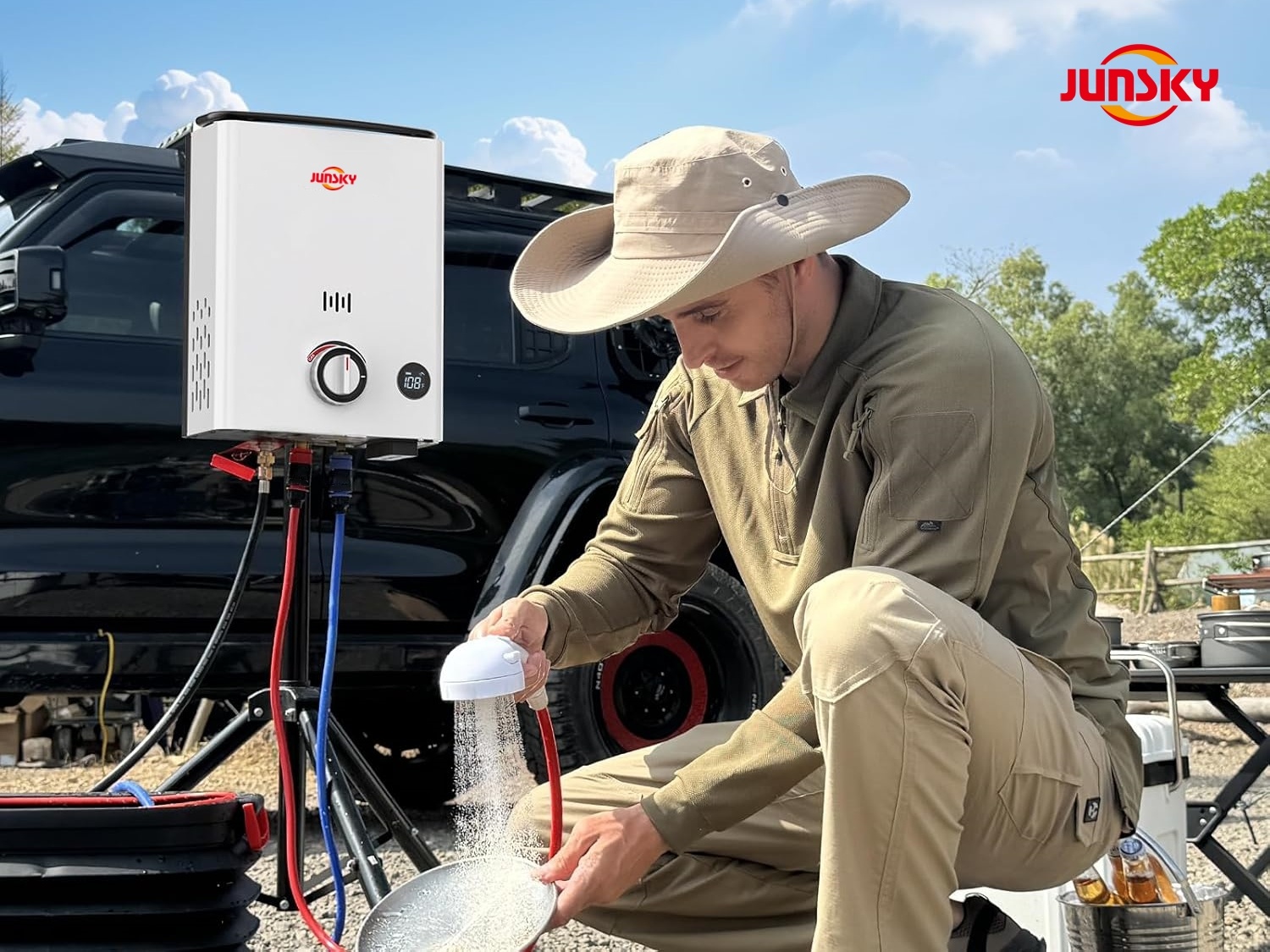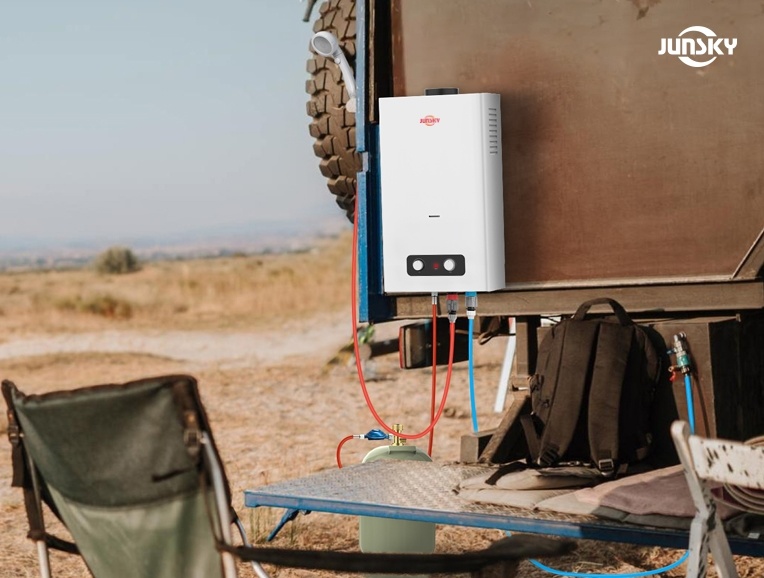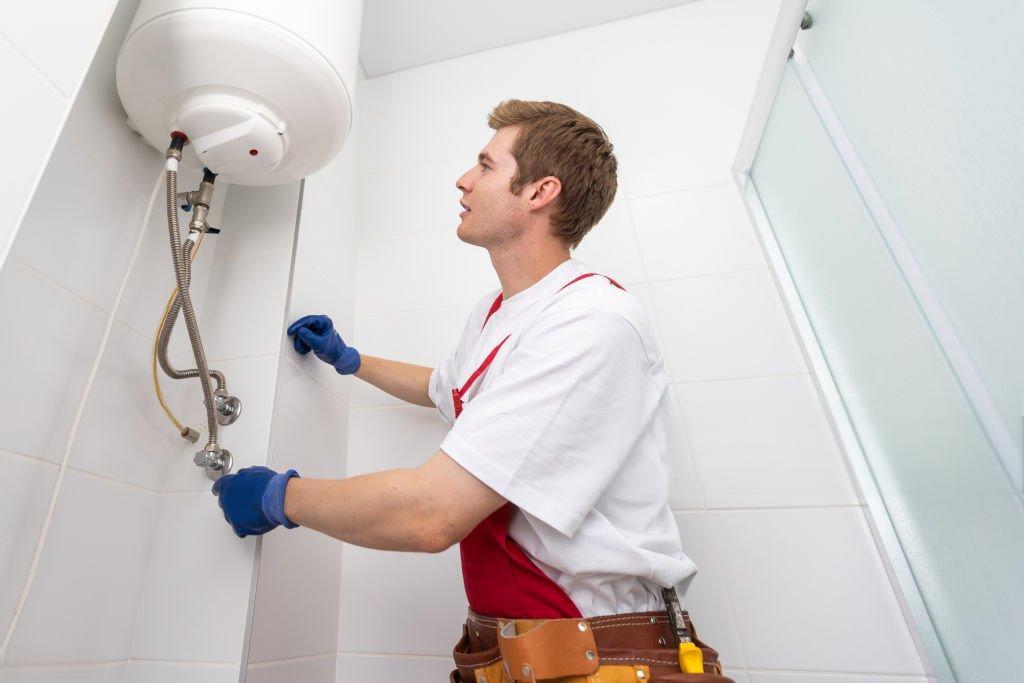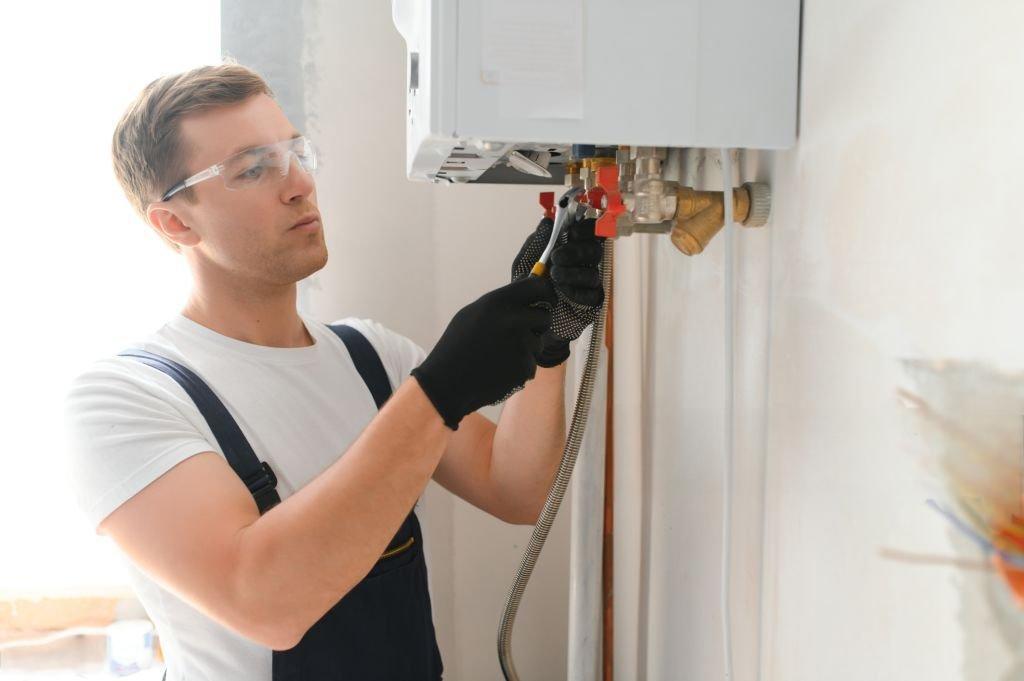What Makes a Good Portable Water Heater and Where to Use It
2025-02-27
A good portable water heater is lightweight, efficient, versatile, and safe, with easy setup and durability. It’s ideal for camping, RV life, outdoor events, emergencies, and fishing trips, providing hot water comfort anywhere.

A portable water heater is a game-changer for outdoor enthusiasts, campers, and travelers who value the comfort of hot water on the go. Whether you’re washing dishes at a campsite, taking a warm shower after a hike, or simply enjoying a hot cup of tea in the wilderness, a reliable portable water heater can elevate your experience. But what makes a good portable water heater, and where is it most useful? Let’s dive in.
Key Traits of a Good Portable Water Heater
1. Portability and Compact Design
A good portable water heater should be lightweight and easy to carry. Look for models with a compact design that can fit into your car trunk, camping gear, or RV storage without taking up too much space. Some units come with carrying cases for added convenience.
A good portable water heater should be lightweight and easy to carry. Look for models with a compact design that can fit into your car trunk, camping gear, or RV storage without taking up too much space. Some units come with carrying cases for added convenience.
2. Efficient Heating and Fast Flow Rate
The heater should provide hot water quickly and maintain a consistent temperature. Check the flow rate, measured in gallons per minute (GPM), to ensure it meets your needs. A flow rate of 1-2 GPM is usually sufficient for tasks like washing dishes or taking a quick shower.
The heater should provide hot water quickly and maintain a consistent temperature. Check the flow rate, measured in gallons per minute (GPM), to ensure it meets your needs. A flow rate of 1-2 GPM is usually sufficient for tasks like washing dishes or taking a quick shower.
3. Versatile Fuel Options
Most portable water heaters run on propane, but some models offer dual-fuel capabilities (propane and electricity) or even solar power. Propane is ideal for remote locations, while electric models are better for areas with power access. Choose a heater that aligns with your travel style.
Most portable water heaters run on propane, but some models offer dual-fuel capabilities (propane and electricity) or even solar power. Propane is ideal for remote locations, while electric models are better for areas with power access. Choose a heater that aligns with your travel style.
4. Ease of Use and Setup
A user-friendly design is essential for a stress-free experience. Look for features like simple ignition systems, adjustable temperature controls, and minimal assembly requirements. The quicker and easier it is to set up, the more time you’ll have to enjoy your outdoor activities.
A user-friendly design is essential for a stress-free experience. Look for features like simple ignition systems, adjustable temperature controls, and minimal assembly requirements. The quicker and easier it is to set up, the more time you’ll have to enjoy your outdoor activities.
5. Safety Features
Safety should never be compromised. A good portable water heater will have built-in safety mechanisms such as automatic shut-off, flame failure detection, and overheating protection. These features ensure safe operation, even in unpredictable outdoor conditions.
Safety should never be compromised. A good portable water heater will have built-in safety mechanisms such as automatic shut-off, flame failure detection, and overheating protection. These features ensure safe operation, even in unpredictable outdoor conditions.
6. Durability and Weather Resistance
Since portable water heaters are often used outdoors, they should be built to withstand the elements. Look for models made from sturdy, weather-resistant materials that can handle rain, wind, and temperature fluctuations.
Since portable water heaters are often used outdoors, they should be built to withstand the elements. Look for models made from sturdy, weather-resistant materials that can handle rain, wind, and temperature fluctuations.
Ideal Scenarios for Using a Portable Water Heater
1. Camping and Backpacking
A portable water heater is perfect for campers who want to enjoy hot showers, wash dishes, or prepare warm meals without relying on campfire heat. It’s especially useful in remote areas where traditional amenities are unavailable.
A portable water heater is perfect for campers who want to enjoy hot showers, wash dishes, or prepare warm meals without relying on campfire heat. It’s especially useful in remote areas where traditional amenities are unavailable.
2. RV and Van Life
For RVers and van lifers, a portable water heater can serve as a backup or primary hot water source. It’s great for boondocking or when the RV’s built-in water heater isn’t sufficient.
For RVers and van lifers, a portable water heater can serve as a backup or primary hot water source. It’s great for boondocking or when the RV’s built-in water heater isn’t sufficient.
3. Outdoor Events and Festivals
If you’re attending a multi-day outdoor event or festival, a portable water heater can provide the comfort of hot water for cleaning, cooking, or personal hygiene.
If you’re attending a multi-day outdoor event or festival, a portable water heater can provide the comfort of hot water for cleaning, cooking, or personal hygiene.
4. Emergency Preparedness
In emergencies or power outages, a portable water heater can be a lifesaver, providing hot water for drinking, cooking, and sanitation.
In emergencies or power outages, a portable water heater can be a lifesaver, providing hot water for drinking, cooking, and sanitation.
5. Fishing and Hunting Trips
For extended fishing or hunting trips, a portable water heater can make life in the wild more comfortable, whether it’s for cleaning gear or warming up after a long day outdoors.
For extended fishing or hunting trips, a portable water heater can make life in the wild more comfortable, whether it’s for cleaning gear or warming up after a long day outdoors.
Conclusion
A good portable water heater combines portability, efficiency, safety, and durability, making it an invaluable tool for a variety of outdoor and on-the-go scenarios. With the right model, you’ll never have to sacrifice the comfort of hot water, no matter where your adventures take you!
TAG:
Related Blog


